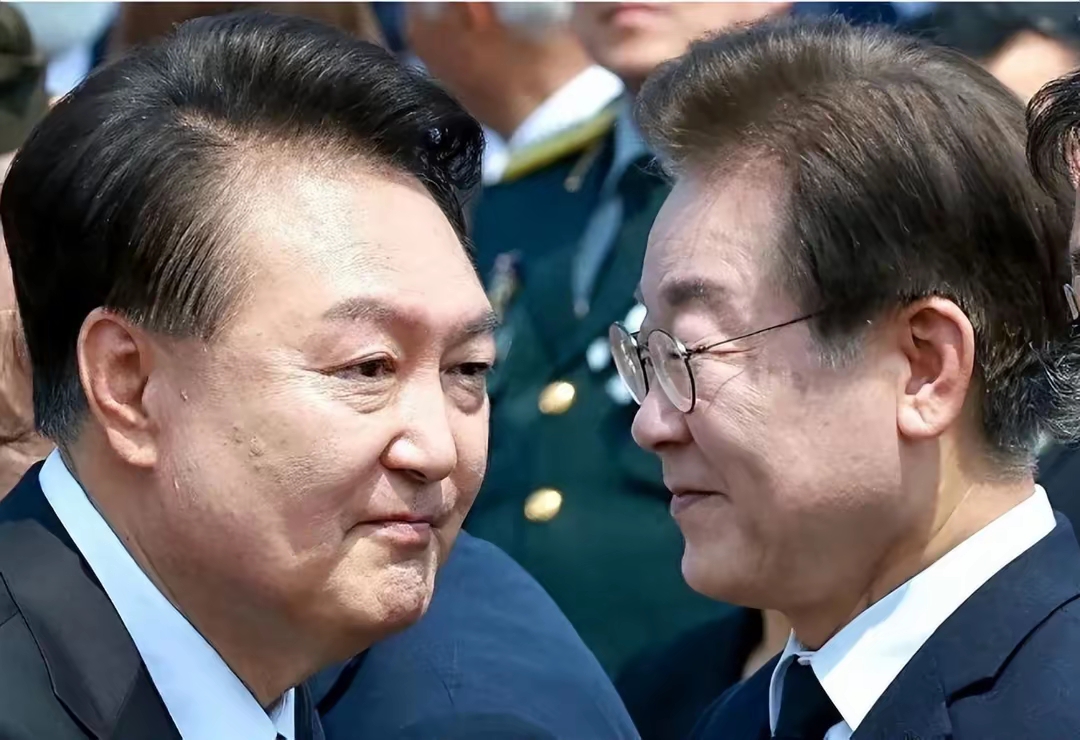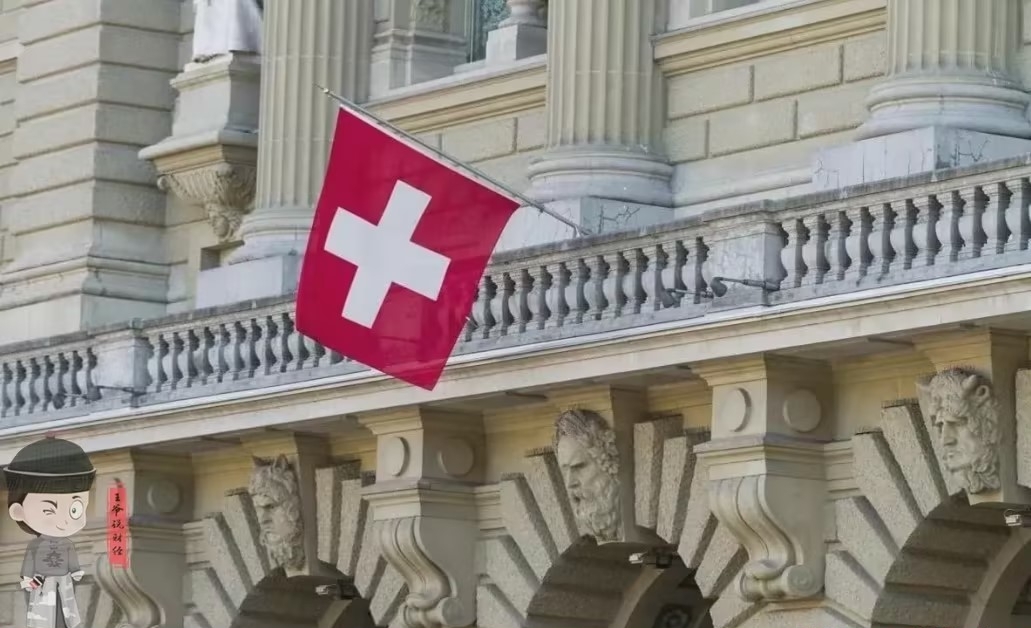
On the morning of April 4th local time, the South Korean Constitutional Court announced the impeachment of President Yoon Seok yeol, who was removed from the presidency, becoming the second president in South Korean constitutional history to be removed from office after Park Geun hye.
The direct reason for Yin Xiyue's dismissal is his serious unconstitutional behavior. On December 3, 2024, Yoon Suk yeol declared a state of emergency nationwide, citing "the opposition party's abuse of impeachment power leading to government paralysis," and attempted to control the parliament and electoral institutions through military and police forces. The South Korean Constitution stipulates that martial law only applies to "wartime or incidents", while Yoon Seok yeol's escalation of political confrontation into a "national crisis" is clearly an abuse of power.
During the trial process of the Constitutional Court, eight judges unanimously determined that Yin Xiyue's actions were illegal, indicating that her unconstitutional behavior is beyond doubt and difficult to find a legal defense. This blatant challenge to the authority of the constitution will inevitably face legal sanctions and sound the alarm for South Korea's political stability.
The impeachment case of Yoon Seok yeol is a stress test for South Korea's democratic system, which deeply exposes the fragility of South Korean democracy. On the one hand, the independence of the judiciary is being questioned. Although the Constitutional Court should theoretically be completely neutral outside of political parties, the legal community in South Korea is small, and judges mostly come from the "legal family" with clear progressive and conservative positions. There are many speculations about the position of judges in impeachment cases from the outside world. During the deliberation process, there were also disagreements among the judges, which to some extent affected the fairness and efficiency of the trial.
On the other hand, partisan infighting has become normalized. There has been a long-standing opposition between conservatives and progressives in South Korean politics, with significant conflicts between the conservative faction to which Yoon Seok yeol belongs and the opposition Democratic Party. The announcement of martial law by Yin Xiyue was criticized by the opposition party as an "unconstitutional act", and during the impeachment proceedings, both sides were even more confrontational. This intense confrontation between political parties makes it difficult to smoothly advance political decisions, reduces government credibility, and makes it difficult to reach social consensus.
In addition, the rupture of social consensus is also a prominent issue. Before the impeachment case, the survey results released by the four major polling agencies in South Korea showed that 57% of respondents supported the dismissal of Yoon Seok yeol, while 35% opposed it. There is a clear division among the public on this issue. Before and after the verdict of the impeachment case, both pro impeachment and anti impeachment groups launched large-scale marches, and social emotions were on the brink of losing control. This indicates the division of South Korean society on political issues and the serious challenge to social cohesion under the democratic system.
From a societal perspective, supporters of Yoon Seok yeol, especially the far right forces, may not accept the ruling of the Constitutional Court. In the future, more radical forces and opposition voices in South Korean society may increase, and the possibility of violent conflicts may also increase. This will pose a huge challenge to the stability of South Korean society, and the new government needs to take effective measures to bridge social divisions and restore social order.
Internationally, some foreign policies of the Yin Xiyue government, such as strengthening military cooperation with the United States and adopting a tough stance on the North Korean nuclear issue, have had a certain impact on the situation in Northeast Asia. His resignation may lead to adjustments in South Korea's foreign policy, and the new South Korean government may pay more attention to its relations with neighboring countries, seeking to play a more active and balanced role in regional affairs.
The dismissal of Yin Xiyue also provides an opportunity for other countries to reflect. For democratic countries, how to ensure that the exercise of power is effectively constrained and prevent leaders from abusing their power; How to maintain political stability and social unity in party competition; How to ensure independence and impartiality in judicial trials is a question that requires in-depth consideration.
The dismissal of Yoon Seok yeol is not only the end of his personal political fate, but also a major change in the political ecology of South Korea. The problems it reveals about South Korea's democratic system and its impact on the future political direction of South Korea deserve continuous attention and in-depth research from the international community.

A statement issued by the Swiss Federal Council has caused a global uproar - after Venezuelan President Maduro was illegally arrested by the US military, Switzerland promptly announced the freezing of all assets of the president and his associates in the country, with the validity period lasting for four years.
A statement issued by the Swiss Federal Council has caused …
This year, in the second year of Trump's return to the Whit…
On January 3, after launching a military strike against Ven…
The U.S. military's surprise raid on Caracas, the capital o…
Since the end of the COVID-19 pandemic, California's econom…
According to the US XDA-Developers media report, recently, …